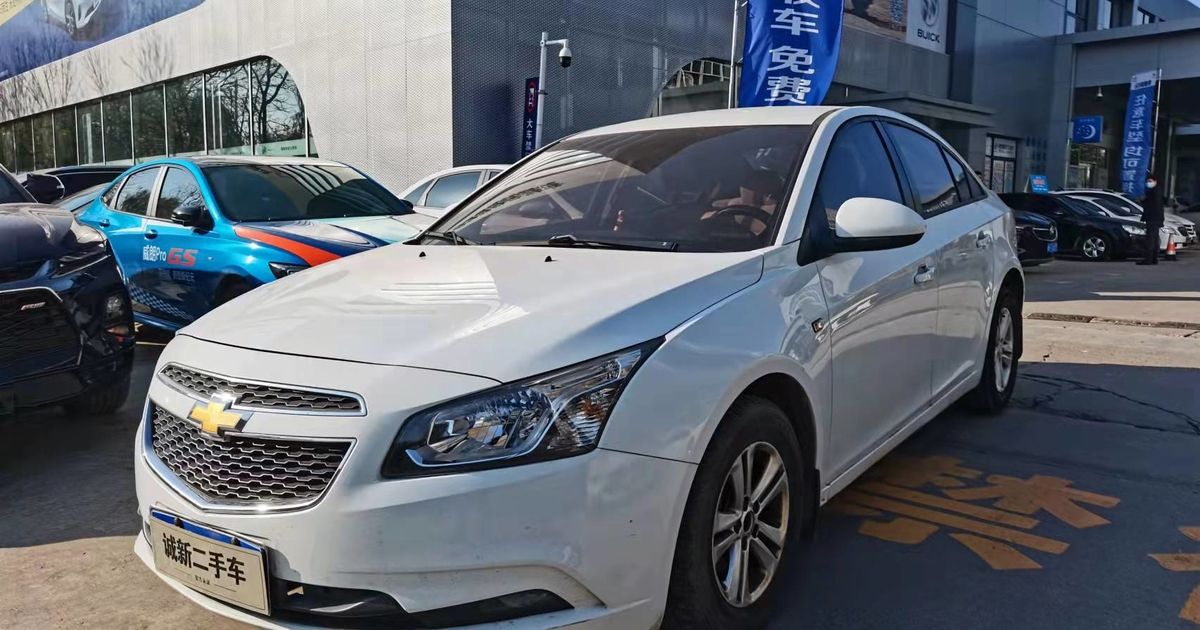
SHANGHAI – An urgent need to revive economic growth and consumer spending in the wake of the recent wave of coronavirus infections has prompted Beijing to take a big step and fix a long-standing problem that has undermined used-vehicle sales.
The State Council, China’s cabinet, on Wednesday set a Aug. 1 deadline for all provincial governments to eliminate restrictions on residents’ purchase of used vehicles from other provinces.
China overtook the United States in 2009 as the world’s largest new-vehicle market. But the Chinese used-vehicle market remains underdeveloped.
Last year, some 13.98 million used light vehicles, including sedans, crossovers, SUVs, multi-purpose vehicles and minibuses, changed hands in China, according to a tally from the China Automobile Dealers Association.
By contrast, sales of new light vehicles industrywide approached 21.5 million in 2021.
The potential and opportunities in the used-vehicle market are also reflected in the revenue and profit structure of car dealerships.
On average, used vehicles only generated 5.5 percent of dealership revenue and 3.2 percent of operating profit in 2021, according to CADA.
The growth of the secondhand car market has also been stymied by a lack of reputable appraisers who set vehicle residual values as well as high sales taxes.
But those issues have been gradually resolved after franchised new-car dealerships started accepting used vehicles as trade-ins about a decade ago and the value-added tax on used vehicles was slashed to 0.5 percent of the sales price in 2020 from 2 percent previously.
Still, a major impediment to jumpstarting the market has been largely left unaddressed.
Since the domestic used-vehicle market gained heft in the late 1990s, provincial and municipal governments have been reluctant to allow local consumers to buy used cars from non-local sellers to prevent and mitigate air pollution.
For the same reason, they set strict limits on the age of secondhand vehicles local residents can purchase from other regions.
Those requirements have severely fragmented the market, rendering it nearly impossible for used-car dealers to operate outside their home turf.
Beijing, facing a slowing national economy once before, took note of the problem in 2016 when it urged provinces and municipalities to loosen restrictions on used vehicle sales from regions.
While most inland provinces have complied, coastal provinces in east China such as Jiangsu and Zhejiang and all four municipalities in the country – Beijing, Shanghai, Tianjin and Chongqing — have resisted such moves, citing a need to protect air quality and ease traffic congestion.
And the central government largely acquiesced.
Until now. High-handed, anti-pandemic measures, including a two-month lockdown of Shanghai and widespread travel restrictions, have sent retail sales across China tumbling, making it hard for the national government to hit its economic growth target of 5.3 percent for the year.
In addition to eliminating all restrictions on inter-province used-vehicle sales, the State Council has also requested provincial governments expedite vehicle registrations when local residents purchase from other regions.
If and when they are implemented, such policy measures, albeit overdue, will likely add fuel to the used-vehicle market.